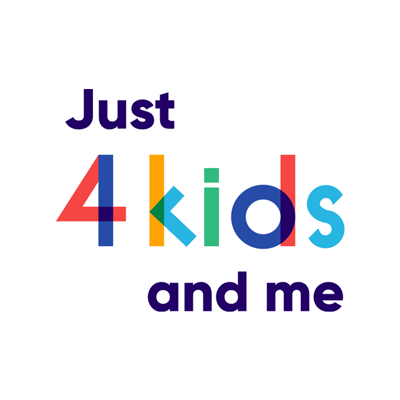Hands-on Learning is a technique that implies the direct involvement of children in the learning process. What they just have read or seen; they have to practically imply in that activity. This is the best method of absorbing knowledge for children. It becomes more important especially during the early stage of childhood. It is the time when a child perceives, seeks and analyze everything interestingly.
Why hands-on learning?
Scientific research over the past 30 years has taught us that the most important period of human development is from birth to eight years old.
During these years, the development of cognitive skills, emotional well-being, social competence, and sound physical and mental health builds a strong foundation for success well into the adult years. Although learning takes place throughout life, in early childhood, learning is taking place at a speed that will never be equaled. The preschool (or pre-primary)education years fall in the middle of the early childhood period and lay the groundwork for success in school and beyond.
Moreover, early childhood act as a base of the child’s character building. If the foundation of a child’s moral, ethical, physical, social and behavioral character is strong and placid then it will help him a lot in the future. It also allows him to move swiftly through upcoming problems and challenges of life.
Here are a few parameters enlisted that proved beneficial in hands-on learning in early childhood:
Games and Fun:
Children are more likely to learn and assimilate happenings around them when they are Playing. This is due to the reason that while playing learning a skill has some reason for them to do so, as compared to when they are forced to memorize them without any practical influence. Different practical skills can be easily adopted by children during playing, and some of them are arts, reasoning, calculations, leadership, values, sports, writing, technology usage, natural phenomena, social interactions and many more.
When children choose to play, they are not thinking “Now I am going to learn something from this activity.” Yet their play creates powerful learning opportunities across all areas of development.
Role of Family and society:
The joint effort with families and networks in the specific situation of pre-essential projects is critical. At the point when families are dynamic accomplices in youngsters’ learning and improvement, a common vision for the job of play in pre-essential projects can develop.
Families who see how much their youngsters are learning through play – at home and in the pre-essential program – become network advocates. Their effort to hesitant families might be the most dominant intends to guarantee that defenseless kids partake in pre-essential instruction programs. Change is regularly contemplated in a top-down manner: what government segments or associations can accomplish for individuals. Be that as it may, individuals at the grassroots can reshape foundations by advancing fun-loving learning. The job of families and networks in supporting learning through play additionally reaches out to the essential years to guarantee progression and network of learning over the ages.
Role of teachers:
Teachers are regarded as spiritual parents. They also have an important and essential role in the development of a child’s character. Government and teachers themselves have to make ensure that they are providing their best to children. Pre-schooling teachers must provide a healthy platform for children to flourish and bloom. They make sure that children learn through hands-on learning. Furthermore, such equipment and methodologies be introduced by teachers for better absorption of knowledge.
Conclusion:
Strategies, pre-essential usage plans, educator preparing plans, asset designations what’s more, quality confirmation systems ought to mirror the developing proof that dynamic, play-based early learning situations give the most formative proper basic establishment for achievement in school and past.
Also, the job of families must be perceived by the framework, and they ought to
be upheld and enabled to effectively take an interest in molding youngsters’ learning also, improvement through play – setting up associations with families to guarantee congruity and availability of learning over an amazing circles (home, school, network) are in this way basic.
